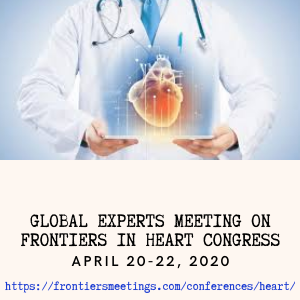#Pediatric_Cardiologists
treat diseases and #abnormalities of the heart and circulatory system in
children. Pediatric Cardiologists will work with children, from #newborns to #teenagers,
in order to #diagnose,
treat, and prevent heart and/or #cardiovascular_issues,
including congenital conditions and defects. Pediatric cardiologists are
doctors who specialize in pediatrics -- the treatment of children. They take
additional sub-specialty training in cardiology. Pediatric cardiologists treat
diseases and abnormalities of the heart and circulatory system in #children.
They are more likely to treat #congenital diseases and defects than
cardiologists who deal with adults. A congenital condition is one that is
present at birth. Pediatric cardiologists conduct research on heart disease and
#disorders involving blood circulation. They also educate students and doctors
about heart diseases, blood circulation problems and heart rhythm disorders in #babies
and #children. When heart surgery is needed, pediatric cardiologists and
cardiac surgeons work as a team. Pediatric cardiologists work with the patient,
family, regular pediatrician and the heart surgeon.
#Heart_Congress_2020 #Tokyo #Japan #Pediatric_Cardiologists
#children
#cardiovascular_issues #diagnose















